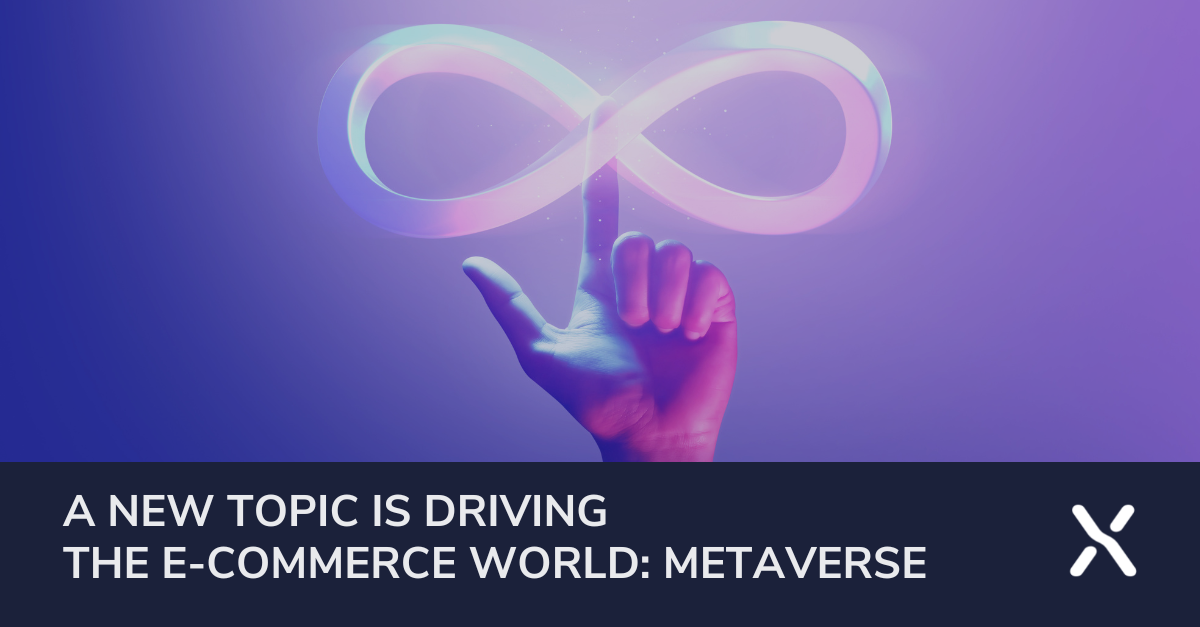Not all retailers have perfected omnichannel yet, but a new topic is driving the e-commerce world: metaverse – and with it the question of whether the new virtual parallel world will replace the Internet in the long term. Either way, the commercial backbone of future-oriented retailers will be cloud-based ERP systems.
Retail expert Wolfgang Lux puts it in a nutshell: “ERP projects will play an even greater role in retail in the future. This is because companies that want to remain successful must have optimal settings and preparations for even further digitization of their processes as well as for completely new trends such as the metaverse. The prerequisite for this is the complete networking of all systems used along the customer journey and the supply chain. This task falls to the ERP system as the core of the application map.”
Conversely, this means that monolithic ERP solutions that are only updated once a year cannot achieve this – and are therefore about to be replaced. But this does not only necessitate the metaverse, whose success is not even assured yet. Even the consistent implementation of an omnichannel strategy is already pushing proprietary or non-cloud-based ERP systems to their limits.
What opportunities are there in the metaverse?
For retailers, the metaverse opens up another sales channel – combined with the opportunity to offer customers more service while saving on sales space and returns. New products can soon be tested in the virtual store, tried on, varied in terms of color and style, or customized and ordered. This will be possible for the real customer and possibly even for his avatar – because the digital me in the metaverse also want to be well dressed.
And because the customer stores his profile with exact measurements once, the likelihood of returns is significantly lower than before. Inventory overhangs are also reduced and production quantities are optimized by bundling orders. So there are plenty of opportunities if the Metaverse really does replace the Internet. So far, however, with user numbers in the per mille range, this is still a pipe dream.
But what does your own ERP system have to be capable of if you want to tap into this channel? Not much more than when setting up a functioning omnichannel strategy.
The following functions are an absolute must:
– Modern software architecture with a platform approach
without restrictions for necessary data exchange
– Up-to-date and general release capability
– Comprehensive standardized and stable processes
– Modularity as a basis for transformable processes
– Authentication mechanisms for protection against cybercrime
– Performance to ensure large transaction volumes and associated scalability
